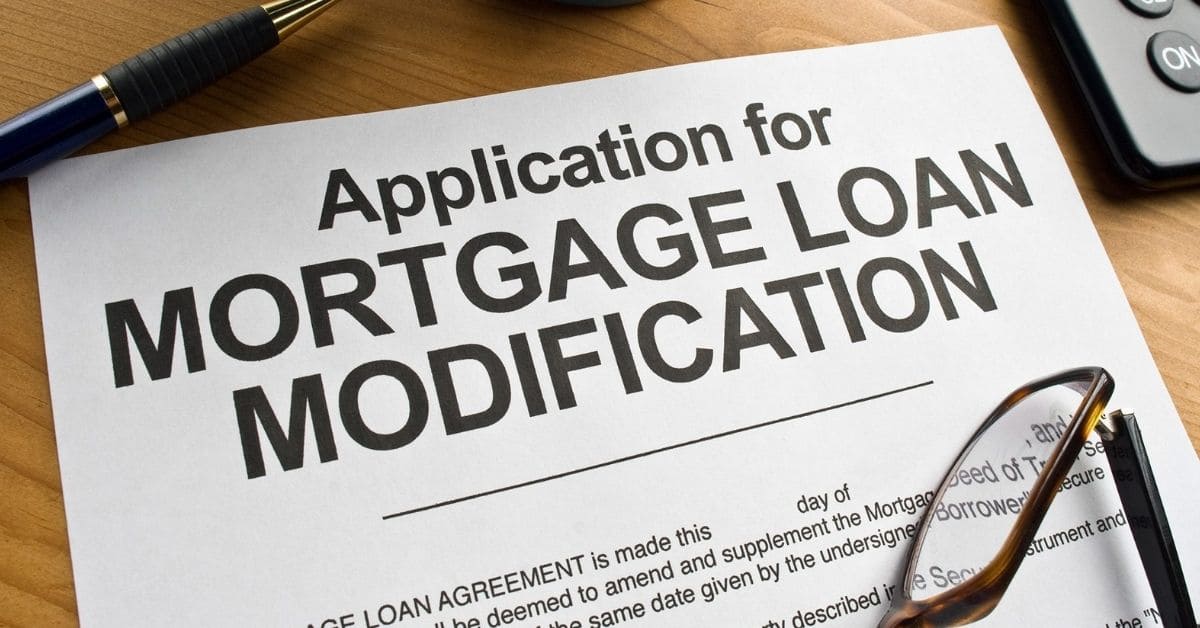Today we are joined once again by Jenny Zamora, Orlando Listing specialist, and short sale expert.
She is talking about the Mortgage Forgiveness Debt Relief Act and what it means to homeowners needing to short sell their homes.
For listeners that aren’t exactly sure what a short sale is, a short sale is when you make an agreement with your mortgage company to sell your house for less than what you owe them.
So Jen can you tell us what the basic criteria are for a typical short sale?
Jen: “Sure I’d be happy to.
1- The home’s market value must be less than what’s owed on the mortgage, if not then you could just sell it as a traditional listing right?
2- The homeowner must be behind on their mortgage payments.
3- The homeowner must also be going through some kind of hardship that is preventing them from getting current on their payments. like losing their job, health issues, job transfer, etc.
Now, there are a number of other situations in which a lender may or may not approve a short sale, but those are the basics. “
Let’s say that you get the short sale approved on someone’s house and let’s say that the homeowner owes $300,000 and you were able to get it down to $200,000. Now there would a difference of $100,000… What happens now?
There are a few things that can happen next.
* For an amount that large, the lender will try to get the homeowner to sign a deficiency judgment or bring money to the closing.
Throughout the negotiating process, we let the bank know that our seller will not agree to sign a promissory note or accept a deficiency judgment for the balance….period. As a matter of fact, we try to get money back to the seller for relocation costs, and most of the time we’re successful. We’ve gotten our clients from 3 to thirty thousand back at the closing. Tat’s a lot of money!
It is, but it also costs a lot of money to relocate to a new home and at the end of the day it’s my job to fight for my clients when no one else will. So you’re able to wipe the slate clean with the lender and even get cashback to the seller.
Now let’s talk about everyone’s favorite government agency… The IRS. How do they look at that 100 thousand dollar balance?
Normally they would look at it as income for the seller…. and if it’s income in their eyes, they’ll be charged income tax.

People that need to short sell a house are typically going through a financial hardship so there’s no way they can afford to pay that additional money to the IRS, they would just be getting deeper into debt and no one wants to owe the IRS that’s for sure.
An IRS lien follows you and continually increases because they charge you interest. and eventually, you will pay… there’s no escaping them.
Not a good position to be in…So tell us about the Mortgage Forgiveness Debt Relief Act.
When the real estate market collapsed 8 years ago, Congress implemented the Mortgage Forgiveness Act of 2007 and it guaranteed people that they could short sell their homes without having to worry about paying income tax on the difference between the full payoff and the short payoff.
Ok so that was back in 2007, is it still in effect now in 2015?
Initially, it was supposed to end in 2010 and they’ve been extending it every year since. So that means that homeowners can short sell their homes and not worry about the tax implications?
That’s correct, so homeowners that need a short sale on their home now in 2015 can do so without worrying about the tax implications.
Good stuff, and I’d like to thank our short sale expert… Jenny Zamora for joining us and anyone that needs some more information about short sales or if you want to know if you qualify, Jenny can be reached at 407-902-7750 or visit: www.OrlandoRealtyConsultants.com
That’s our show for today… we’ll see you next time.










